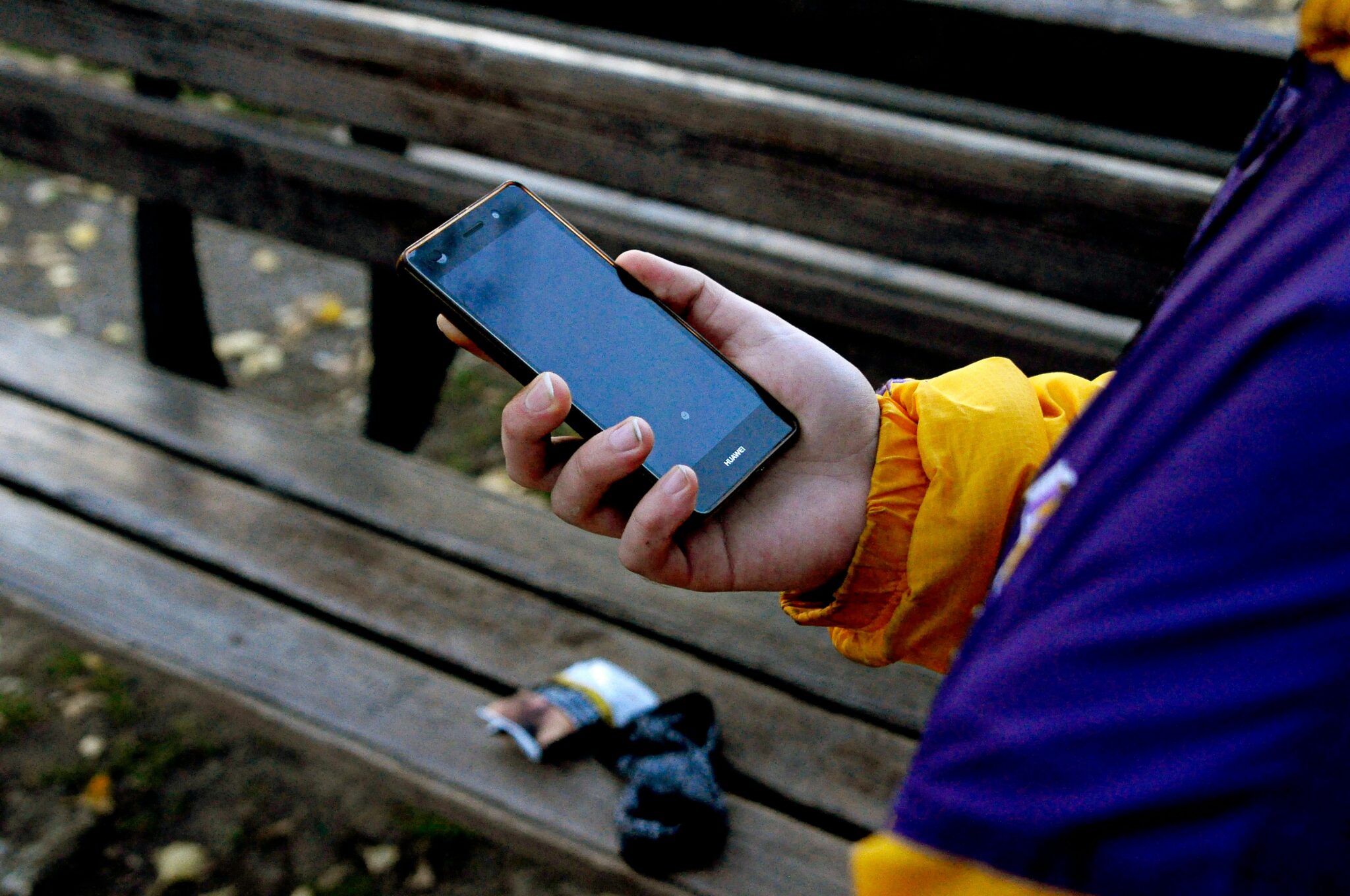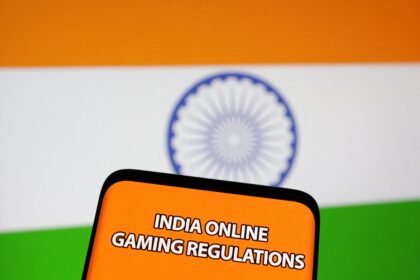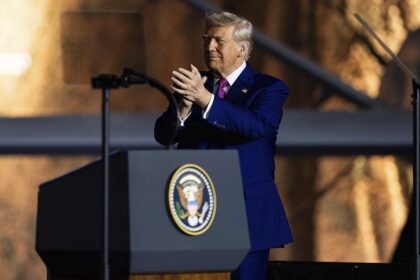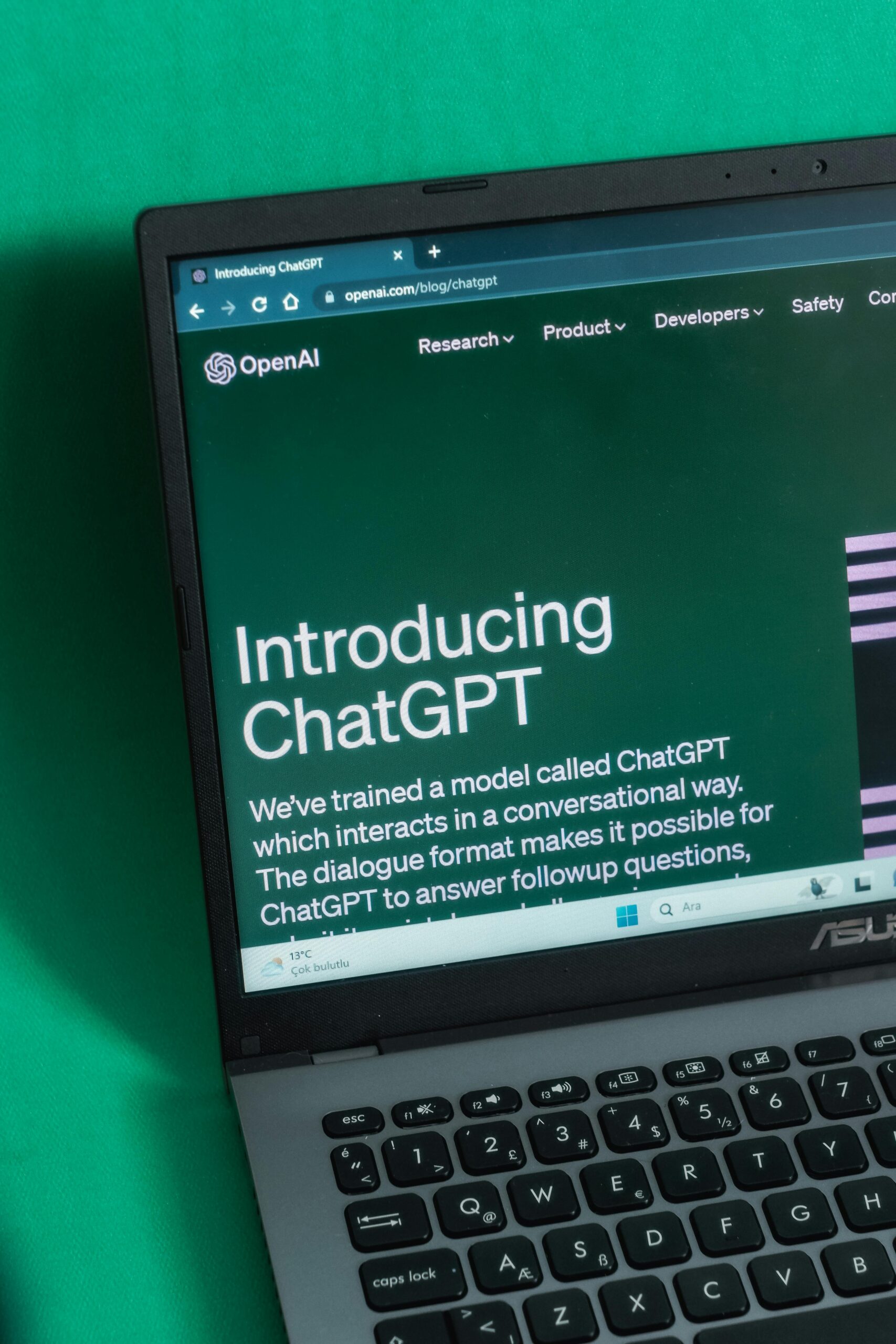Governments worldwide are grappling with how to make the internet safer for children without eroding the privacy rights of adults. While new laws promise protection, experts warn that the solutions being adopted could open dangerous new risks.
At the heart of the debate is age verification. Unlike the simple “I am 13 or older” checkbox of the Neopets era, today’s measures often require users to upload official IDs or even biometric scans to prove they are old enough to access certain sites. Proponents argue this keeps minors away from harmful material like pornography, drug-related content, or unsafe social interactions. Critics, however, say the laws are poorly designed and could expose vast amounts of sensitive data.
The United States has been at the forefront of this trend, with 23 states passing age verification laws as of August 2025 and two more set to join in September. Most of these laws target websites hosting sexual content, but enforcement varies. Some platforms, like Pornhub, have opted to block entire states rather than risk storing government IDs and personal data. Activists also fear that these laws could be used to censor LGBTQ resources or basic sex education, especially in states that have passed laws restricting LGBTQ expression.
In the United Kingdom, the Online Safety Act took effect in July 2025. It requires platforms ranging from YouTube and Spotify to Reddit and Google to verify users’ identities. The law doesn’t just apply to adult content, it also impacts educational and news resources, raising concerns that essential information is being placed behind identity gates. Oversight is supposed to come from Ofcom, but critics point to repeated data breaches worldwide as evidence that no verification system can ever be entirely safe.
Real-world examples underscore the risks. Tea, a women’s safety app, was found to have exposed thousands of government IDs and personal messages despite promising users that their data would not be stored. Privacy advocates argue that if smaller platforms can fail this spectacularly, even governments and major tech companies could make similar mistakes.
Related: Google to Require Developer Identity Verification Across All Android App Distribution
For many, the loss of online anonymity is just as troubling as the risk of leaks. Anonymity is crucial for political dissent, whistleblowing, and protecting vulnerable groups like domestic abuse survivors. In authoritarian contexts, or even in democracies where political opponents have faced threats, tying every online action to a government ID could silence vital voices.
Not surprisingly, users are finding workarounds. VPN use has surged in regions where age gates have been enforced. In the UK, VPNs filled half of the top ten free iOS app downloads after the Online Safety Act went live. Similar spikes followed restrictions in U.S. states and even in France, where Pornhub’s suspension drove ProtonVPN sign-ups up by 1000% in just 30 minutes. Yet VPNs, especially free ones, come with their own privacy pitfalls.
As lawmakers push forward, the trade-off is becoming clearer: protecting children online may mean exposing adults to sweeping surveillance and data risks. The question remains whether societies can strike a balance that safeguards both.







